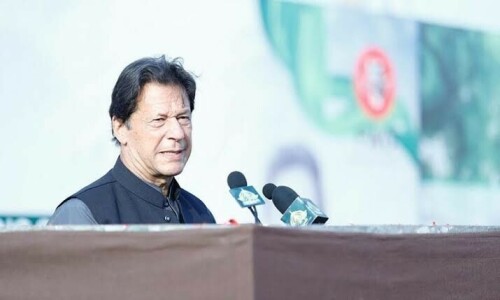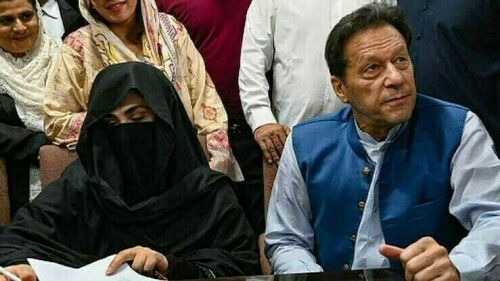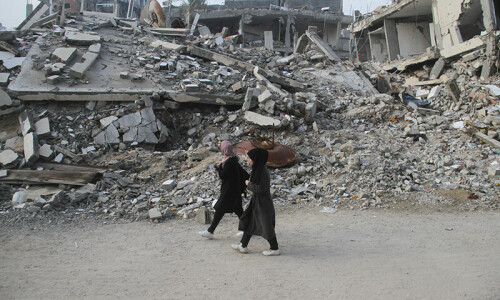ISLAMABAD, Feb 5: The draft of Pakistan’s first ‘emigration policy’ mentions the possibility of substantially increasing the number of women going abroad for suitable jobs.
The policy planning cell of the Ministry of Labour and Manpower has finalised the draft of National Emigration Policy 2009 which will soon be forwarded to the cabinet for approval.
The policy is mainly focussing on regularisation of recruitment process, elimination of unsafe, exploitative and abusive practices, welfare mechanism for overseas workers and expanding the share of labour in the Gulf and European countries.
The draft says the share of Pakistani women is quite low in the overall overseas workforce. It has to be substantially increased, especially in occupations considered safe.
The draft says that lack of information was one of the major reasons restricting women from availing themselves of employment opportunities abroad.
The policy recommends the setting up of a ‘Market research, facilitation and information centre’ to focus on employment of women abroad.
The centre will design special programmes for skill development in spheres with big labour demand in the world market.
Policy planning cell’s chairman Dr Sabur Ghayur told Dawn that tapping work opportunities, promoting safe emigration and protecting the rights of workers were the main objectives of the policy.
Dr Ghayur said that workers’ outflow from Pakistan, recorded at 4.50 million during the 1971-2008 period, had been mostly to the oil rich Middle Eastern countries.
During the current decade, the number of workers going abroad averaged 223,000 a year and exceeded 280,000 in 2007 and 430,000 in 2008, he added.
The policy has been divided into 15 priority areas.
The first priority area on the agenda is overseas visits of president, prime ministers and cabinet members to promote employment of Pakistani workers.
The policy suggests organisation of road shows to highlight quality, education and skill of Pakistani workforce. Job fairs should also be organised to attract foreign companies to seek employees in Pakistan.
The policy also talks about country-specific strategies, initially for Saudi Arabia, UAE, Kuwait, Oman and Malaysia with the involvement of Pakistani missions in those countries.
The policy also suggests upward revision of the legal fee of the Overseas Employment Promoters (OEPs) and stiff penalties for those found overcharging their clients.
It also suggests an increase in the security money of OEPs which could be utilised to compensate overseas workers in the event of their job loss and return because of the fault of an OEP.
The policy draft seeks development of a mechanism to provide cost effective and easily accessible low-cost remittance service.
It suggests simplification of procedure and one-stop service for workers going abroad.
The one-window operation would be introduced in five major cities.
Similarly, technical training centres — largely under public-private partnership, some exclusively for women, will be set up to impart skill development on trades in demand overseas.
The policy draft suggests formation of a ‘deportee-friendly’ mechanism for deported persons possessing valid documents.
















































Dear visitor, the comments section is undergoing an overhaul and will return soon.